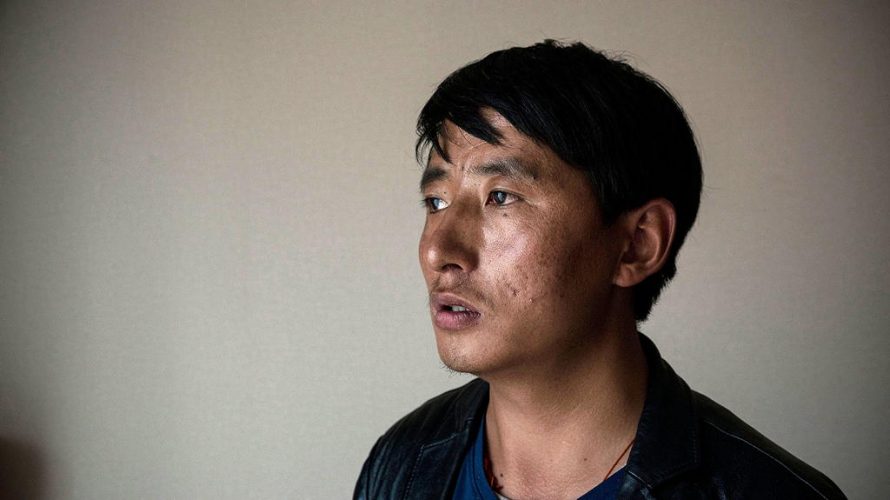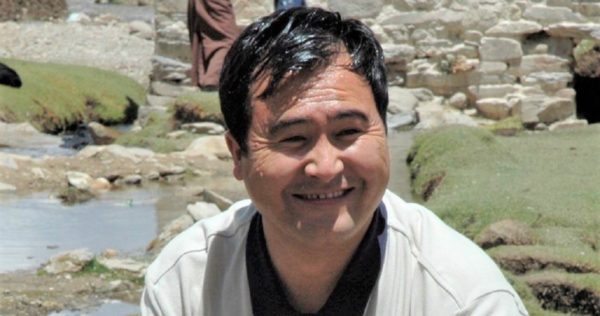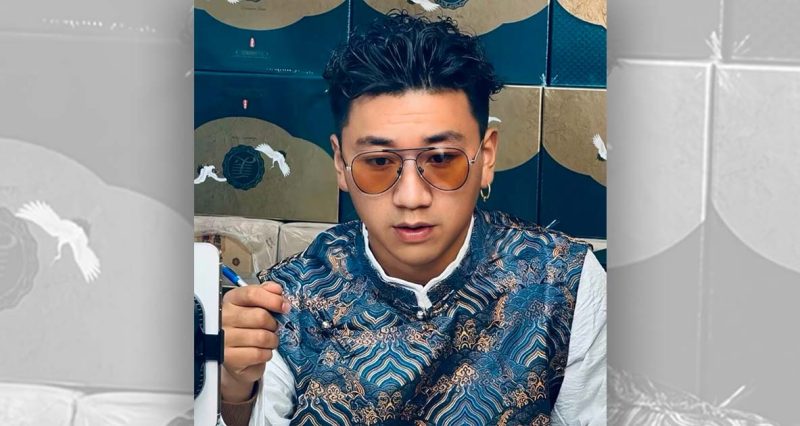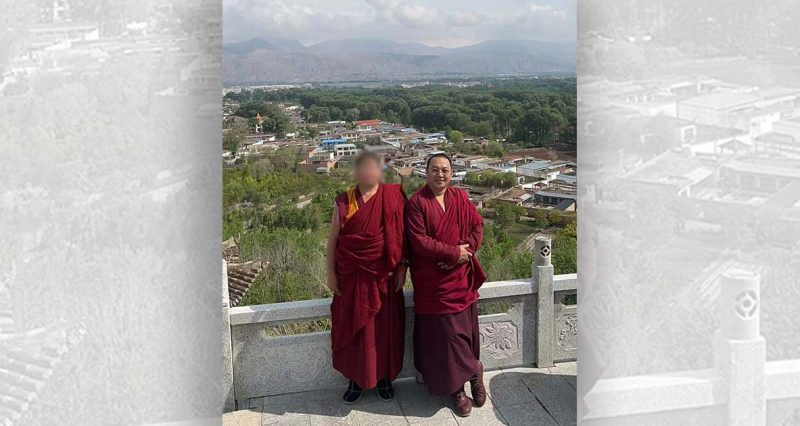Since the unrest and subsequent crackdown in Tibet in 2008, the Chinese authorities have adopted a harsher approach to suppressing dissent in order to uphold Tibet’s ‘security’ and ‘stability’ – political language to justify the repression of Tibetans for Chinese strategic and economic interests.
The government has established a comprehensive security architecture with new laws and regulations which by conflating any criticism or dissent with a threat to national security present serious danger to the fundamental rights of Tibetans. In a bid to control every aspect of Tibetan peoples’ public and private lives, surveillance has also been stepped-up – including the establishment of a neighbourhood grid surveillance system and new technologies that enable face-recognition and integration with big data analytics.
In this context, Tibetans who express concerns about Chinese policies in Tibet or even mild displays of their Tibetan identity continue to be detained, prosecuted and sentenced on the basis of vague and politically motivated charges, such as ‘subverting state power’ or ‘causing instability’. A prominent example is that of the Tibetan language advocate Tashi Wangchuk, who in May 2018 was sentenced to five years imprisonment on politically motivated charges of ‘inciting separatism’. His apparent ‘crime’ was a New York Times interview profiling his attempts to petition for the rights of Tibetans to speak and learn their own language at school – a right guaranteed by the Chinese Constitution. These political prisoners are particularly at risk of enforced disappearance, torture and ill treatment in custody.

Despite the huge risks they face, Tibetans courageously continue to peacefully claim their rights and call for the return of the Dalai Lama to Tibet. Although the number of self-immolations has decreased in recent years, partly as a result of the criminalization of those allegedly ‘associated’ with self-immolators, Tibetans resort to alternative forms of resistance, including filing petitions to the authorities and non-violent solo-protests.
Related news and resources

Tibetan businessman and philanthropist Dorjee Tashi repeatedly assaulted in prison
Dorjee Tashi, a 51-year-old Tibetan businessman and philanthropist currently serving a life sentence inside Lhasa’s notorious Drapchi Prison (formally known as Tibet Autonomous Region Prison #1), has been assaulted repeatedly by fellow inmates, according to credible information received by the International Campaign for Tibet

Tibetan youth singer A-sang rearrested after brief release in August, current whereabouts unknown
According to information only now confirmed by sources, A-Sang, a Tibetan singer in his 20s from Ngaba (Chinese: Aba) Tibetan and Qiang Autonomous Prefecture (Sichuan province), in the traditional Tibetan province of Amdo, was rearrested in August 2025, following his release after his first arrest on 8 July 2025.

Tsang Monastery senior leader commits suicide amid Chinese oppression
On 18 August 2025, Shersang Gyatso, a 52-year-old senior leader at Tsang Monastery, took his own life after facing Chinese authorities’ intense scrutiny, intimidation, and repressive intrusions into his monastic community. His death followed heightened state surveillance around the Dalai Lama’s 90th birthday on 6 July, mandatory ideological indoctrination, interference with traditional religious practices, and the forced expulsion of young monks from Tsang Monastery.